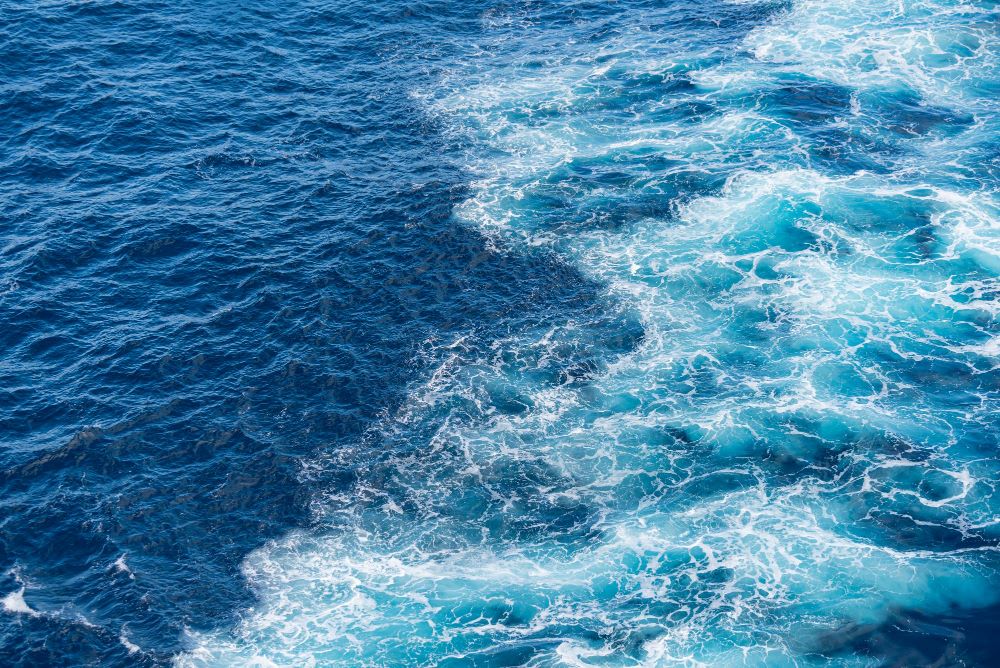Expansion of marine aquaculture may denature oceans
A review published in the journal Science Advances examines how the expansion of marine aquaculture - the farming of aquatic organisms in the ocean - can lead to risks, such as degradation of the marine environment. The study is part of a special issue of the journal dedicated to this growing industry.

Eduardo Almansa - acuicultura EN
Eduardo Almansa
Researcher at the Spanish Institute of Oceanography (IEO - CSIC)
The work seeks to identify and categorise the different types of impacts of marine aquaculture through the analysis of previously published scientific data. The aim is to help in decision-making on the viability and usefulness of this activity. The treatment of the data is adequate and the description of the different types of impact can be useful for this type of management.
However, the authors' suggestion that marine aquaculture does not represent a solution for global food security cannot be deduced from the data obtained in this study alone. In this regard, it should be borne in mind that aquaculture accounts for more than half of the marine species we consume (according to the FAO) and, at the marine level, it is the only way to increase food production without adding additional pressures on fisheries. On the other hand, this statement does not seem to take into account the progress made to mitigate its negative effects (both scientific and legislative).
In this sense, the current situation could be summarised in a sentence from a recent review (Troell et al., 2023): ‘Aquaculture is not the miracle solution for global food security or for achieving the Sustainable Development Goals, but it can make important contributions if properly planned and implemented'.
María José Sánchez - acuicultura
Mª José Sánchez-Muros Lozano
Professor of Animal Production.
The studies are well-founded scientific works and describe a number of risks to aquaculture. However, in my view, there is a certain bias. For example, disadvantages to human health are cited, such as the accumulation of toxins or microplastics. That is true, but what about wild fish? Evidence shows that toxic accumulation is higher in wild fish, among other things because the sea has been the dumping ground for mankind and there is a bioaccumulation effect in the food chain, whereas aquacultured fish are fed with previously analysed, traceable and toxic-free material. Like this there are many points to discuss in these papers. These studies identify the risks of aquaculture, which is essential to remedy them, but it is also true that aquaculture is constantly working to become more sustainable, avoiding and overcoming these risks.
Today, from my point of view, both aquaculture and livestock farming are necessary, or more precisely, indispensable, but we must bear in mind that there are animal production systems that are not sustainable and others that are. That is where the real issue lies: we must define and implement animal production systems that are integrated into a circular economy.
Sellars et al.
- Research article
- Peer reviewed
- Review
